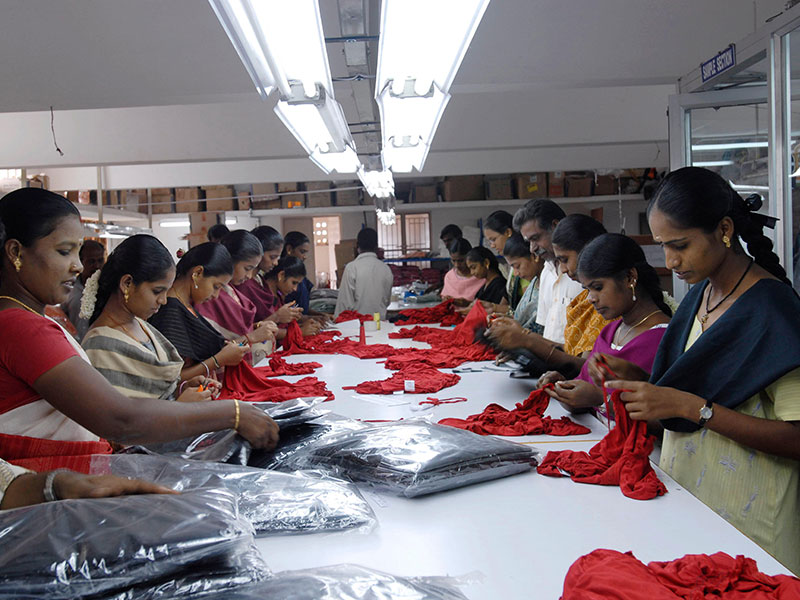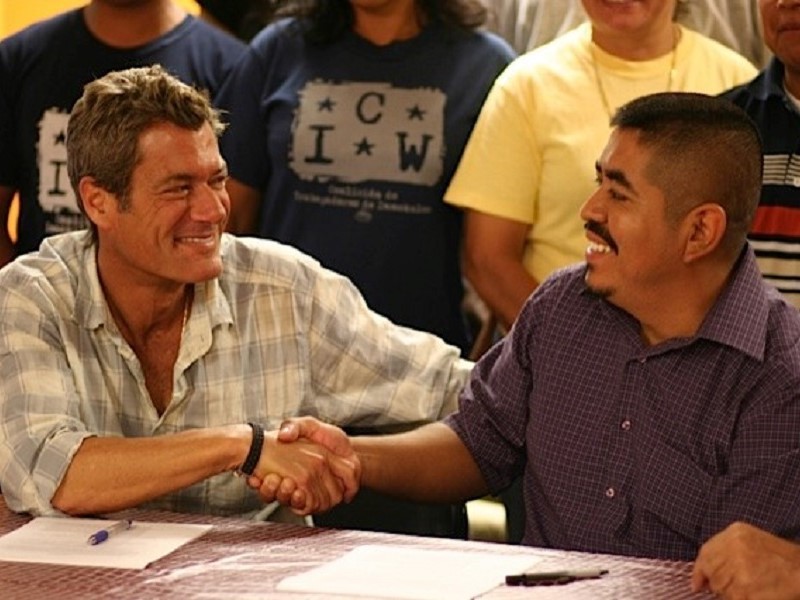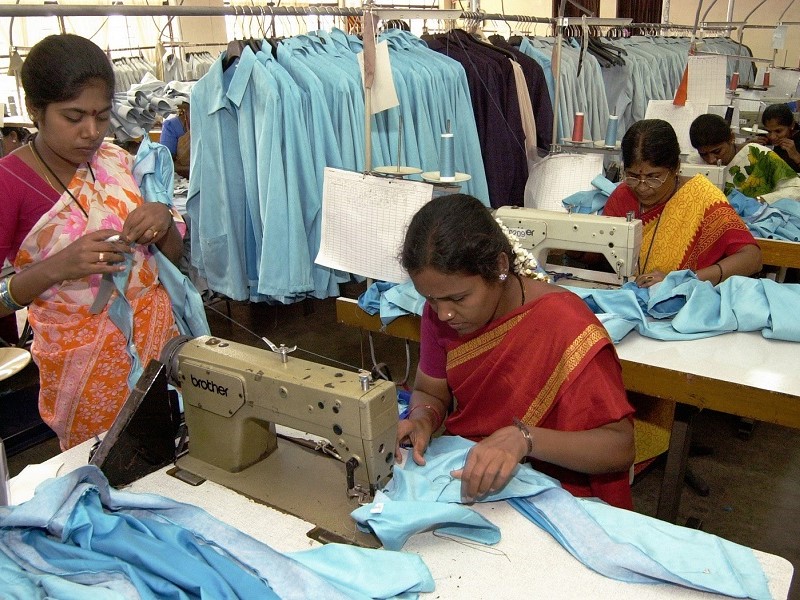Header Photo Credit: Kindel Media_Pexels
Key Points
- A code of conduct is a document that sets out the standards and policies with which a company and its suppliers are expected to comply.
- International Framework Agreements (IFAs), also known as Global Framework Agreements (GFAs), differ from company codes of conduct in that they are negotiated instruments between multinational enterprises and global union federations intended to ensure that companies commit to respecting a number of core principles covering labor relations and working conditions.
- Codes of conduct and IFAs need to include internationally recognized labor standards and fundamental rights at work and should serve as a foundation for more detailed guidance for the decision-makers who implement the social compliance system within a company. They should be designed with workers in mind as the key stakeholder.
- Multi-stakeholder and industry-specific guidance and protocols can make developing a code of conduct simple. The Responsible Sourcing Tool from the U.S. State Department's Office to Monitor and Combat Trafficking in Persons (JTIP) and Verité helps companies develop robust codes of conduct with provisions including guidance on recruitment fees, employment contracts, wages and benefits, and more.
Key Topics
Examples in Action
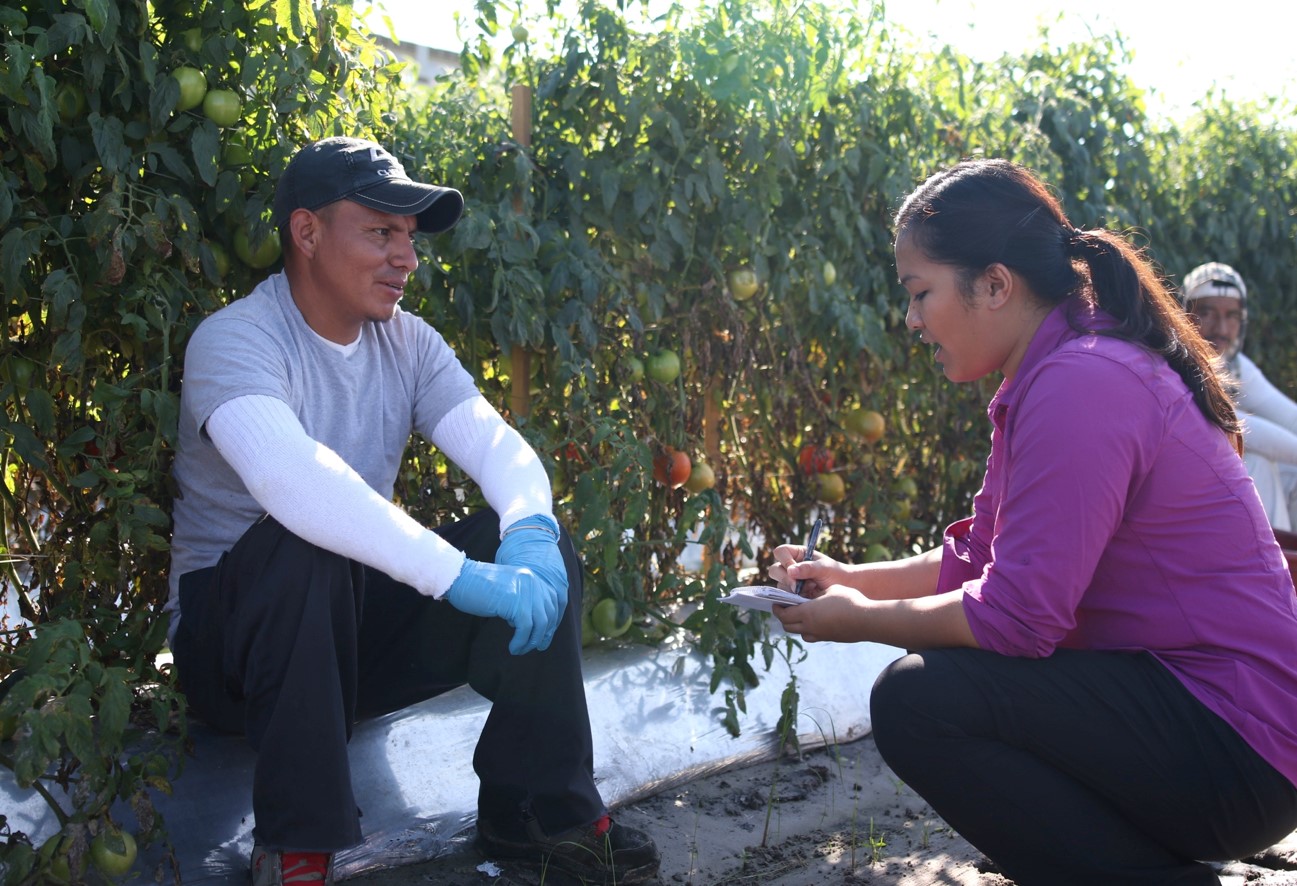
The Fair Food Program (FFP), which emerged from the Coalition of Immokalee Workers’ (CIW) successful Campaign for Fair Food, is a unique farmworker- and consumer-driven initiative. It consists of a wage increase supported by a price premium paid by corporate purchasers of Florida tomatoes and a human-rights-based Code of Conduct applicable throughout the Florida tomato industry.

UNI Global Union is a federation for the skills and services sectors. UNI Global Union has negotiated over 50 global agreements with multinational companies. In this example, learn about how these agreements build worker power and encourage worker-driven social compliance.

“Precarious employment” refers to employment situations that are short- or fixed-term and, in many cases, subcontracted. In this example, explore how Danone and IUF used an IFA to reduce precarious employment.

The U.S. State Department’s Office to Monitor and Combat Trafficking in Persons, in collaboration with Verité, the Aspen Institute, and Made in a Free World, re-launched the Responsible Sourcing Tool (RST) in 2022. The RST provides free information and tools to help companies, federal contractors, contracting professionals, and others understand and prevent the risks of human trafficking in supply chains.

This example presents sample code of conduct provisions on forced labor and child labor, taken from the Primark Code of Conduct. These provisions include detailed statements that employment is freely chosen (there must be no forced or compulsory labor in any form) and child labor must not be used (there must be no recruitment and employment of child labor).
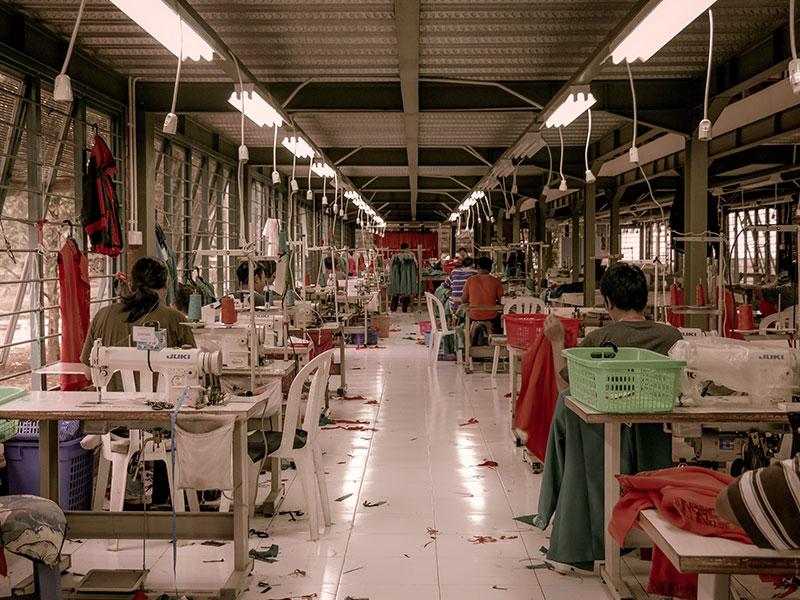
The International Accord for Health and Safety in the Textile and Garment Industry (International Accord), which was signed in September 2021, is a legally binding agreement between brands and the global trade unions IndustriALL and UniGlobal Union. It evolved from the Bangladesh Accord on Fire and Building Safety in Bangladesh, negotiated after the tragic Rana Plaza collapse and the Tazreen factory fire in 2013.

In August 2019, labor unions and women’s rights advocates negotiated landmark agreements to combat gender-based violence and harassment with Levi Strauss, The Children’s Place, Kontoor Brands (known for Wrangler and Lee jeans), and apparel supplier Nien Hsing Textile. These enforceable agreements condition doing business with the supplier on the brands’ acceptance of a worker-led program to eliminate sexual harassment and abuse.
Further Resources
- American Bar Association. Model Policies. 2014; available from http://www.americanbar.org/content/dam/aba/administrative/business_law/aba_model_policies.authcheckdam.pdf.
- Better Cotton. Principles and Criteria; available from https://bettercotton.org/better-cotton-standard-system/production-principles-and-criteria/.
- Bonsucro. What is the Bonsucro Production Standard?; available from http://www.bonsucro.com/production-standard/.
- Consumer Goods Forum. Guidance on the Priority Industry Principles; available from https://www.theconsumergoodsforum.com/wp-content/uploads/members-content/Guidance-on-the-Priority-Industry-Principles.pdf.
- Ethical Trading Initiative. ETI Base Code; available from https://www.ethicaltrade.org/eti-base-code.
- ICCR. Statement of Principles. 2013; available from http://www.iccr.org/sites/default/files/resources_attachments/2013ICCR_HTPrinciplesFINAL112013.pdf.


